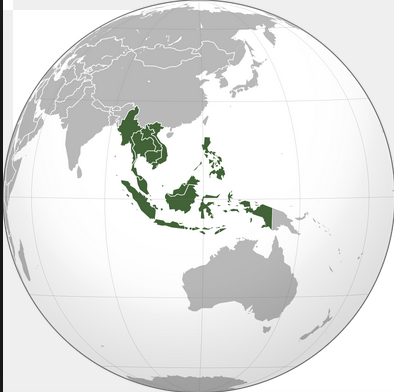And yet there were subtler signs of tension, which spoke to the conflicting messages Mr. Trump brought to Asia and suggested a level of disarray in White House policy toward the region.
Before his meeting with Prime Minister Shinzo Abe of Japan and Prime Minister Malcolm Turnbull of Australia, for example, Mr. Trump had a brief contretemps with Mr. Turnbull over trade imbalances after he asserted that the United States ran deficits with “almost everybody.”
“Except us,” Mr. Turnbull interjected.
Mr. Trump made trade a major part of his message in Asia, and his tone grew more bluntly nationalistic as the trip wore on. After declaring in Beijing that he did not blame the Chinese for chronic imbalances with the United States, he delivered a withering denunciation in Vietnam of regional trade pacts, like the Trans-Pacific Partnership, from which Mr. Trump has withdrawn the United States.
The president delivered that message in a speech that was supposed to explain his concept of a “free and open Indo-Pacific” region. The idea, which Trump officials borrowed from the Japanese, is that the region’s four major maritime democracies — the United States, Japan, Australia and India — will constitute a bulwark against a rising China.
But this theme was largely lost in the jeremiad on trade. Critics said it testified to the divide within the administration between mainstream foreign policy figures like Matthew Pottinger, the senior director for Asia at the National Security Council, and economic nationalists like the policy adviser Stephen Miller, who took a strong hand in writing the speech.
“The Indo-Pacific framing is clearly the handiwork of his more experienced and internationally-minded senior national security team, while the ‘America First’ theme of demanding zero-sum concessions from all our trading partners is not,” said Michael J. Green, senior vice president for Asia at the Center for Strategic and International Studies.
Mr. Trump’s invitation for one-on-one trade negotiations with the United States, Mr. Green said, was likely to fall on deaf ears in Asian countries, many of which went though fierce debates before signing on to the Pacific trade deal and now want to reap its benefits.
“That’s like a sheriff squaring up for a showdown with the town outlaw by announcing to the posse that he wants a gunfight with each of them at the same time,” said Mr. Green, who served as President George W. Bush’s senior adviser on Asia policy.




